What is your agency’s biggest lesson learned from the pandemic and what are doing to overcome that challenge?
Sharon Cooney, CEO, San Diego Metropolitan Transit System
Transit agency executives provide their biggest lesson learned from the COVID-19 pandemic.
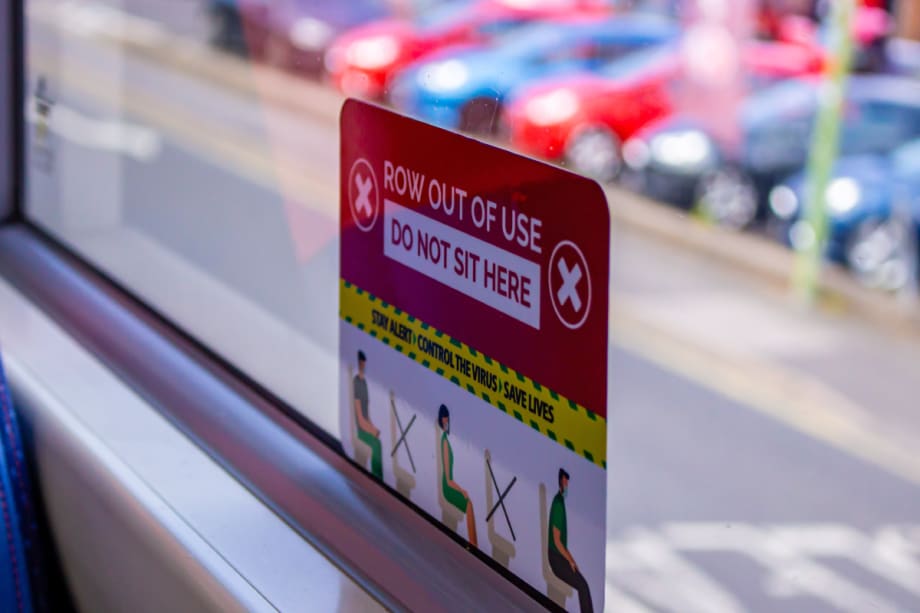
Executives discuss ridership, safety procedures, and more in this Q&A.
Photo: Unsplash
What is your agency’s biggest lesson learned from the pandemic and what are doing to overcome that challenge?
Sharon Cooney, CEO, San Diego Metropolitan Transit System
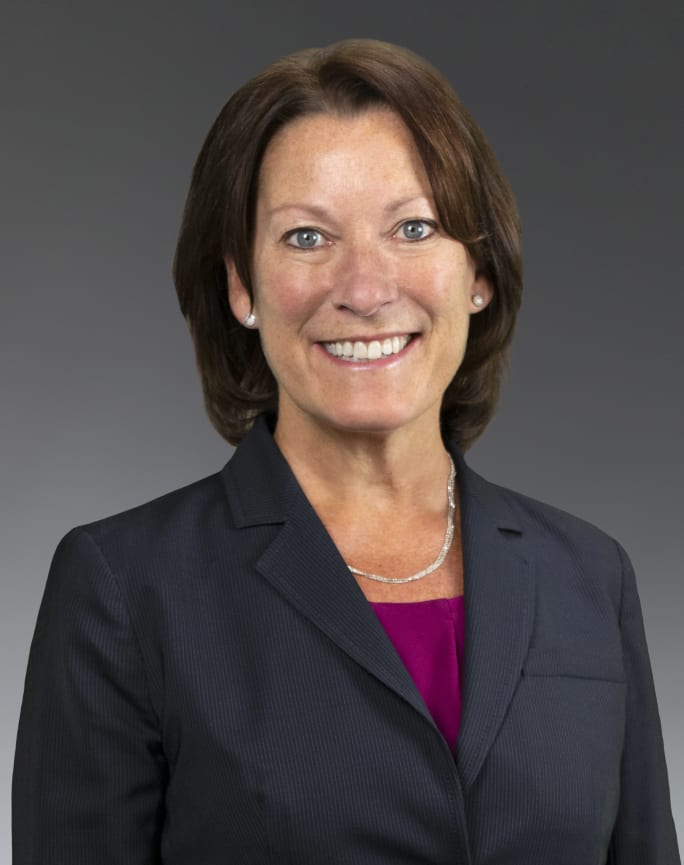
I learned that our employees will do almost anything for our riders and fellow employees. At MTS, we launched so many successful initiatives with a shared understanding: that our community needed us. Everything from advanced cleaning protocols, to leveraging innovative technologies, to securing on-site vaccinations, and testing to keep employees safe. We overcame so many challenges thanks to the power of our employees.
Ryan Daniel, CEO, St. Cloud Metro Bus
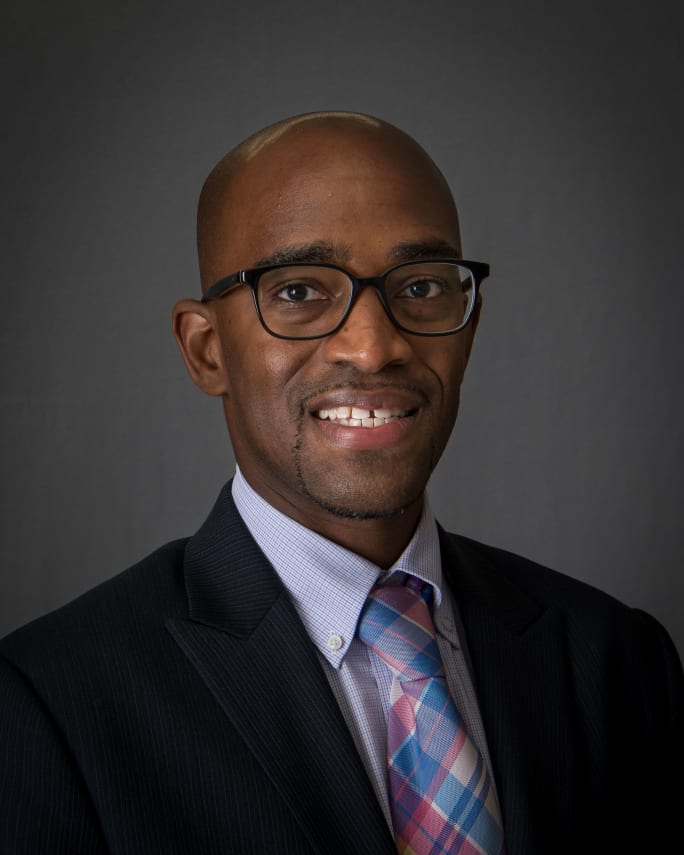
One of the biggest lessons we learned over the last 18 months is our need to establish new goals and KPIs for success and to focus our investments on the true value of transit. Historically, for example, we judged success based on the number of riders in our system. Moving forward, our team will work diligently to ensure the service we provide coincides with what transit does for our community, which is to provide access to work, healthcare, family, and so much more.
Scott Smith, CEO, Valley Metro
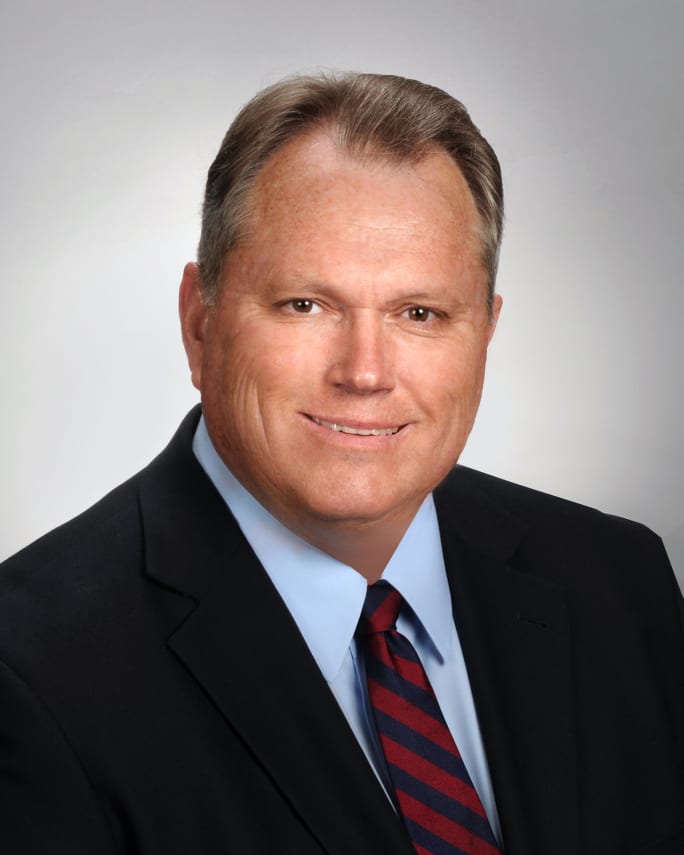
We need to keep our frontline staff safe and maintain an ongoing line of communication with them. They need to know that we appreciate the work they do each day. We understand that they are putting their own health concerns on the line to continue to provide service. To overcome these challenges, we did survey our frontline staff in 2020 to get their opinions on how we can keep them and our riders safe. We need to continue to have this two-way dialogue with them, especially after the pandemic. Their top concerns should always be our top concerns.
Henry Li, GM/CEO, Sacramento Regional Transit District
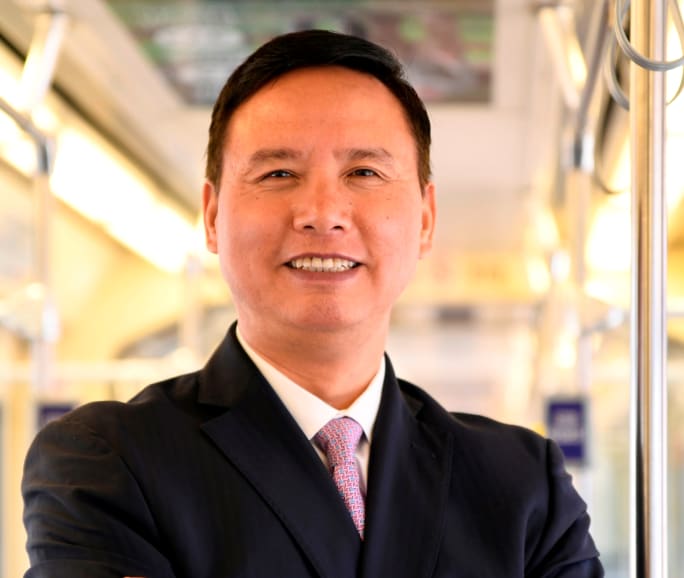
The biggest lesson SacRT learned was to seize the opportunity to innovate and adapt to the changing needs of our communities. SacRT quickly stepped up to implement best safety practices, including plexiglass barriers; extra buses to popular routes; and restoring approximately 100% of service by September 2020, without employee layoffs and furloughs. We also thrived as a social service partner providing free rides to vaccine sites and voting centers, and food delivery in disadvantaged communities.
Joanna M. Pinkerton, President/CEO, Central Ohio Transit Authority

I think the most important lesson that has helped COTA thrive during this pandemic is when you put people first, your organization will succeed. That means investing in your team, especially your frontline workers who are on the job every day delivering essential service to the community. It has been crucial to give employees the resources to stay safe but also the time to focus on their families. It is one of the reasons COTA has never missed a day of service during this unprecedented time.
Michael Hursh, GM, AC Transit
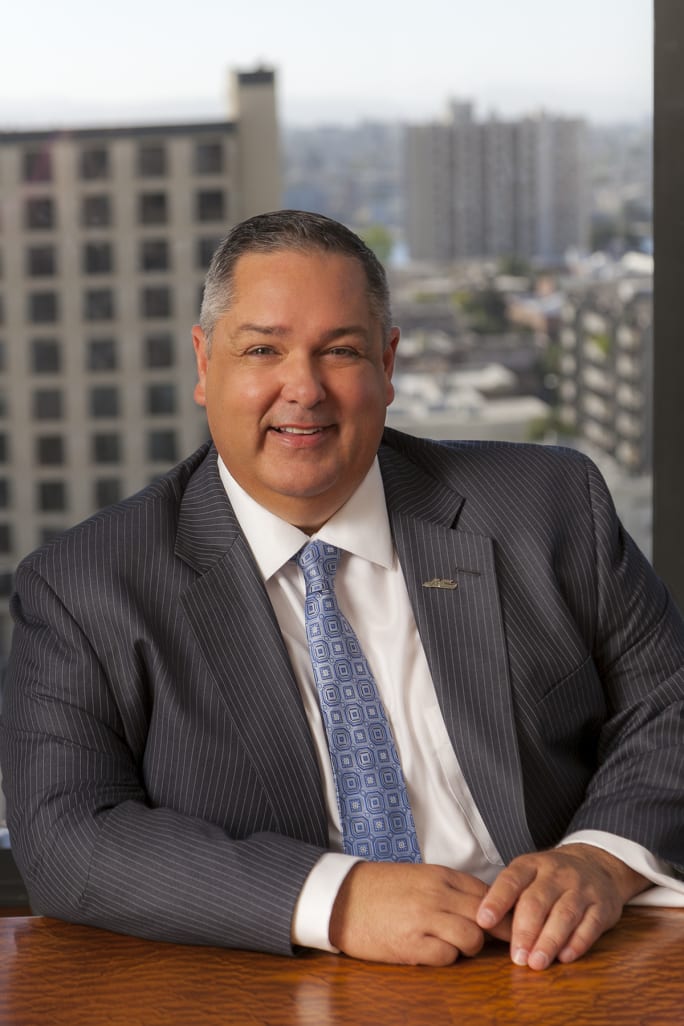
We pulled out all the stops in this pandemic: implementing scores of employee and rider safeguards. So, when word that three vaccines received emergency use authorization, AC Transit collectively exhaled, thinking we'd be back to ‘normal’ within months. Yet, when the vaccine hit the market, we faced an all-new challenge: vaccine hesitancy. We battled back with several vaccine clinics, monetary incentives, and physician-driven myth-busting campaigns. Ultimately, some got the shot, but inoculations here remain low. Our biggest lesson? Advances in science do not translate into widespread acceptance.
Jason Ferbrache, Administrator, EMBARK, Oklahoma City and Norman
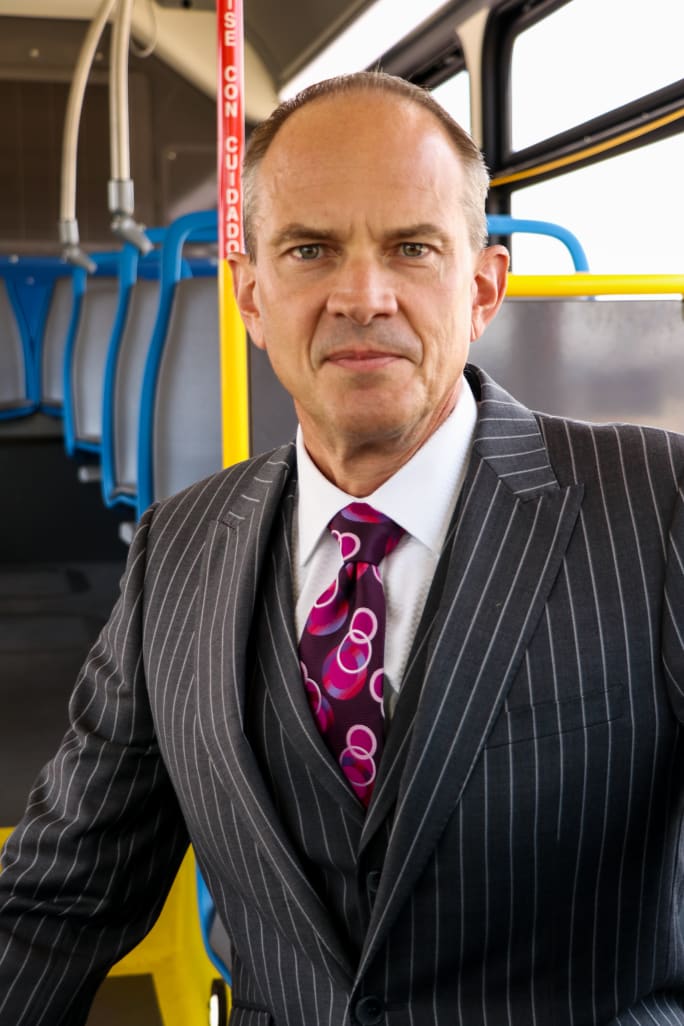
We are stronger and more resilient than we imagined. We learned that although we are an organization of systems and rules designed to deliver consistent service in essentially the same way every day when we come together and communicate openly and often, we are nimble and can make changes daily to preserve the continuity of service while prioritizing the safety of our employees and customers. Acting with determination and making timely decisions allowed EMBARK to provide essential transit trips without any service suspension during the paralyzing grip of pandemic lockdowns.
Doran Barnes, CEO, Foothill Transit
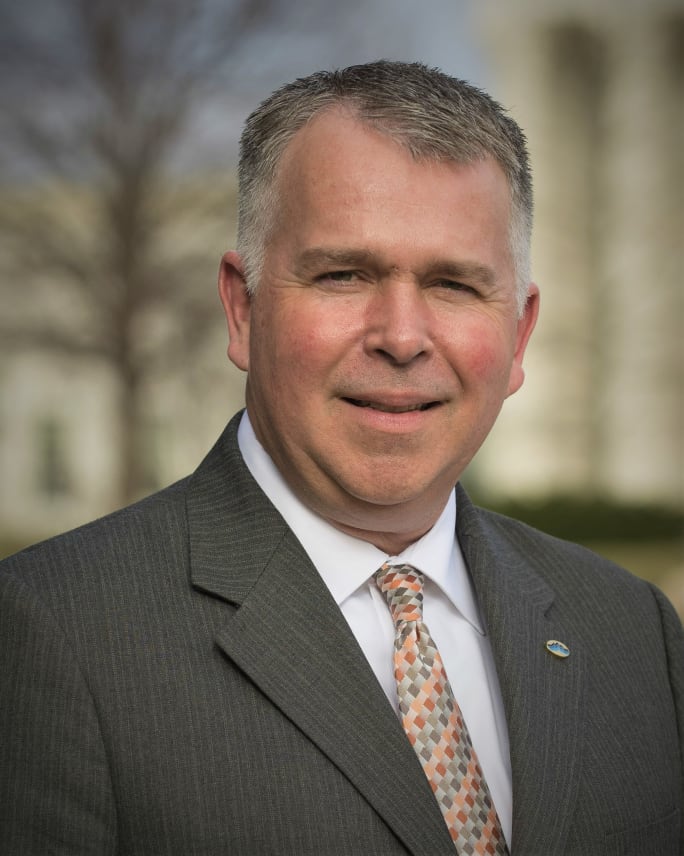
The pandemic forced a perspective shift and changed long held assumptions about our core ridership and mobility needs in Los Angeles County. Local customers providing vital community services kept our region going, so we kept them going. It made us rethink how we measure our success, using a wider lens on regional economic sustainability. The new work-from-home world of our former long-haul commuters is part of that shift. Staying hyper-flexible has been key and is something we hope to carry into our post-pandemic future.
Mike Griffus, CEO, Pierce Transit
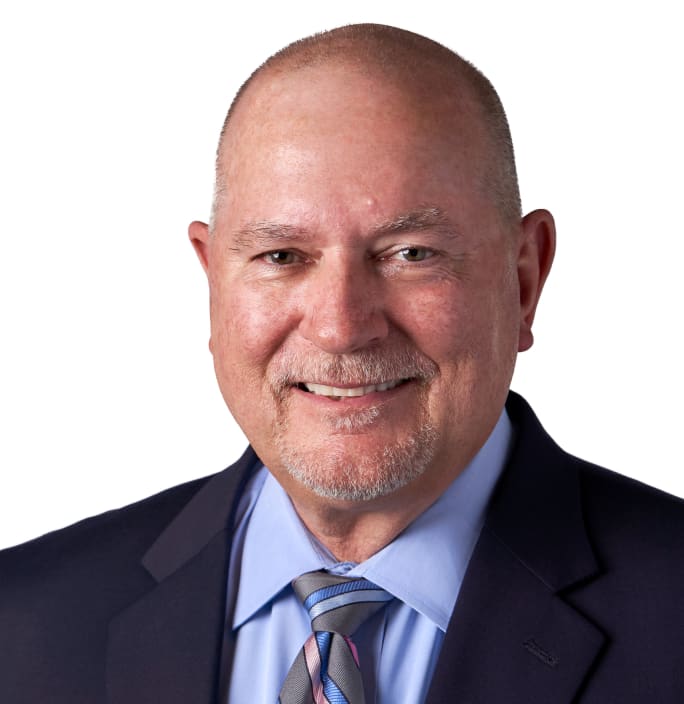
It’s hard to choose just one. Improvising early on is critical when items are needed but scarce — we created in‐house operator barriers and tapped volunteers to create cloth employee masks. Holding a private medication clinic in cooperation with health officials is a great way to vaccinate employees. Virtual collaboration works well and is more efficient than traveling to meetings. Assigning one person to lead our COVID response was critical, and finally, communicate, communicate, communicate.
James E. Harrison, PE, CEO, LYNX

It is all about people, whether it’s a customer or employee. Our customers deserved to know we would safely take them to their destination. Our employees needed to know we have their back. Our employees were truly amazing, stepping up to the daily challenges we were forced to meet on the fly. It was also a relief to our agency that while ridership was down that we did not have to layoff or furlough any employees.
Jeffrey A. Parker, CEO Metropolitan Atlanta Rapid Transit Authority
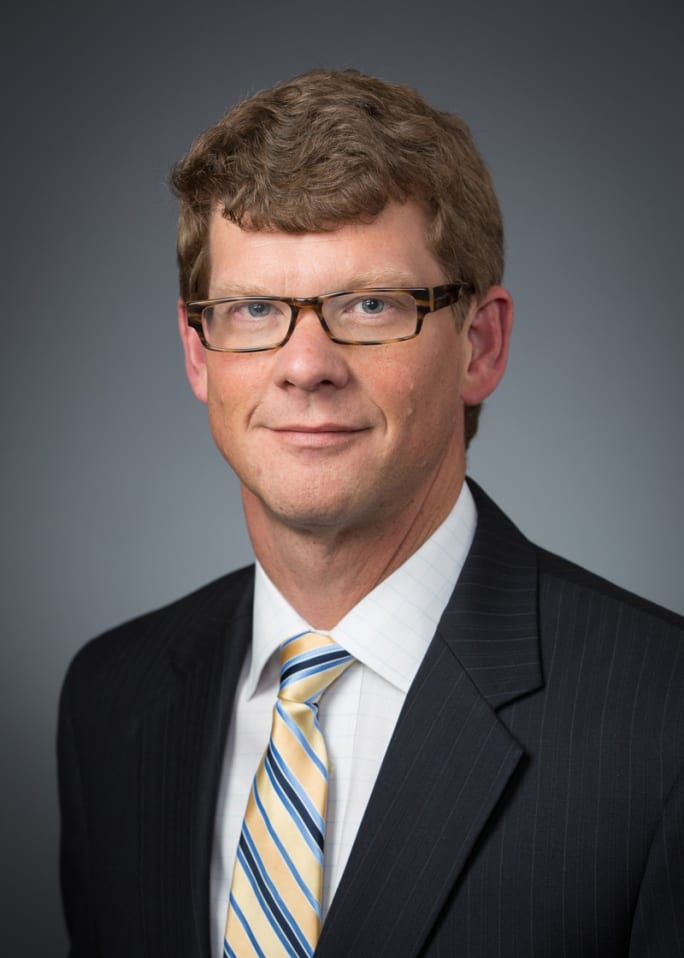
Homelessness grew increasingly acute during the pandemic, with many people seeking shelter on the MARTA system. The MARTA HOPE Program was adopted as a humane, service-centered approach to address the issue. Teams consisting of HOPE Atlanta case managers and MARTA field protective specialists engage homeless individuals, connecting them to services based on their respective needs including shelter, clothing, drug and alcohol counseling, mental health treatment, supplemental benefit programs, job opportunities, and family reunification.
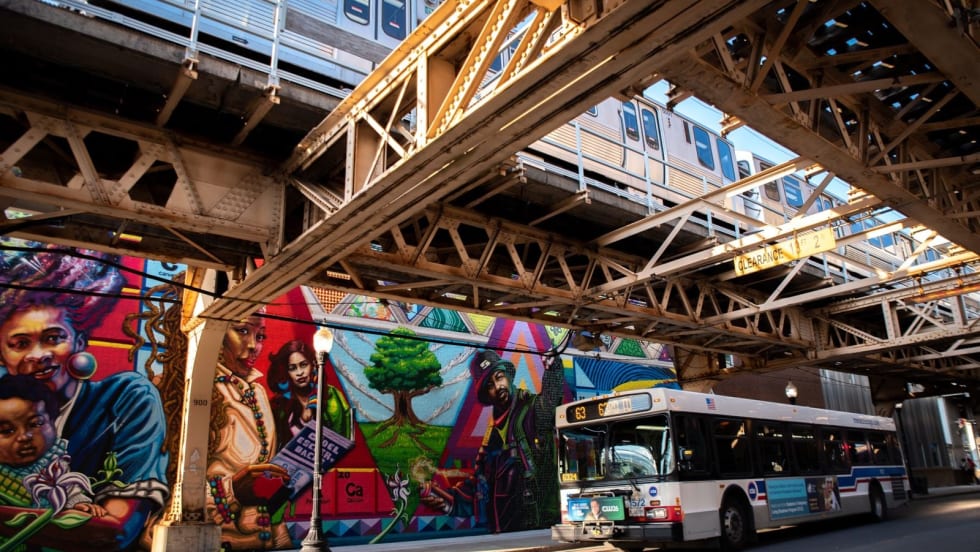
The region’s fixed-route system finished out the year with a total of 373.5 million rides. Adding 12.3 million rides over 2024 represents an increase that is equal to the annual transit ridership of Kansas City.
Read More →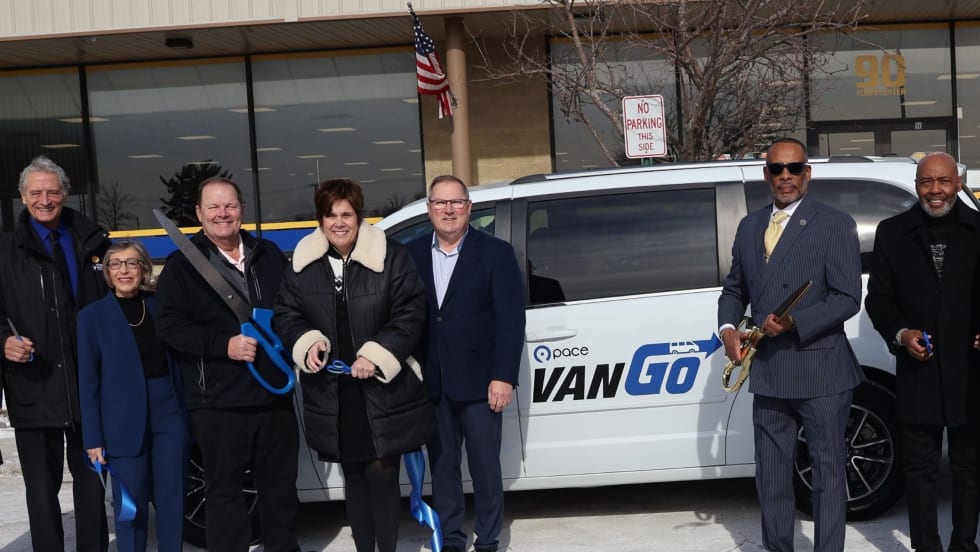
The service is a flexible, reservation-based transit service designed to close the first- and last-mile gaps and connect riders to employment for just $5 per day.
Read More →
Parsons wins the $60M Claremont Extension design contract as the Foothill Gold Line board reaffirms leadership during a pivotal project phase.
Read More →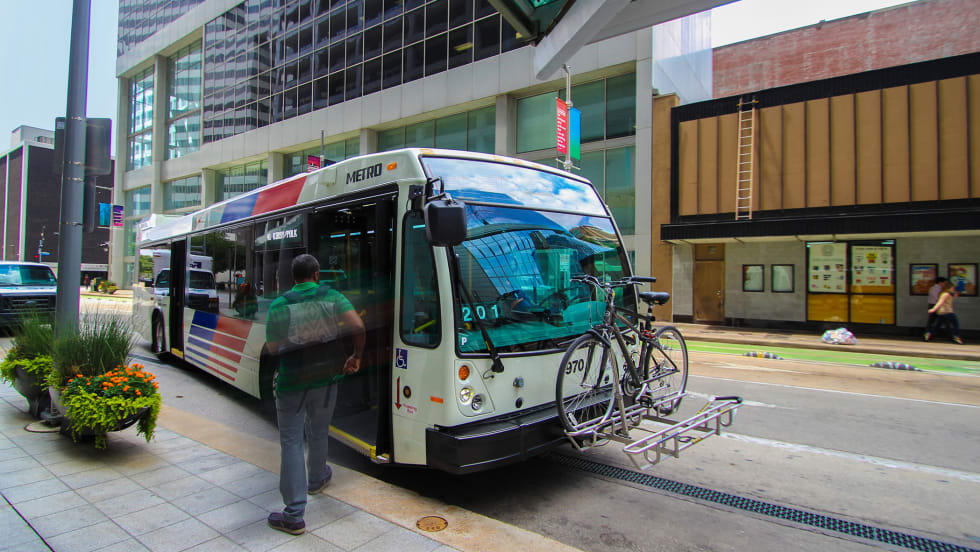
The upgraded system, which went live earlier this month, supports METRO’s METRONow vision to enhance the customer experience, improve service reliability, and strengthen long-term regional mobility.
Read More →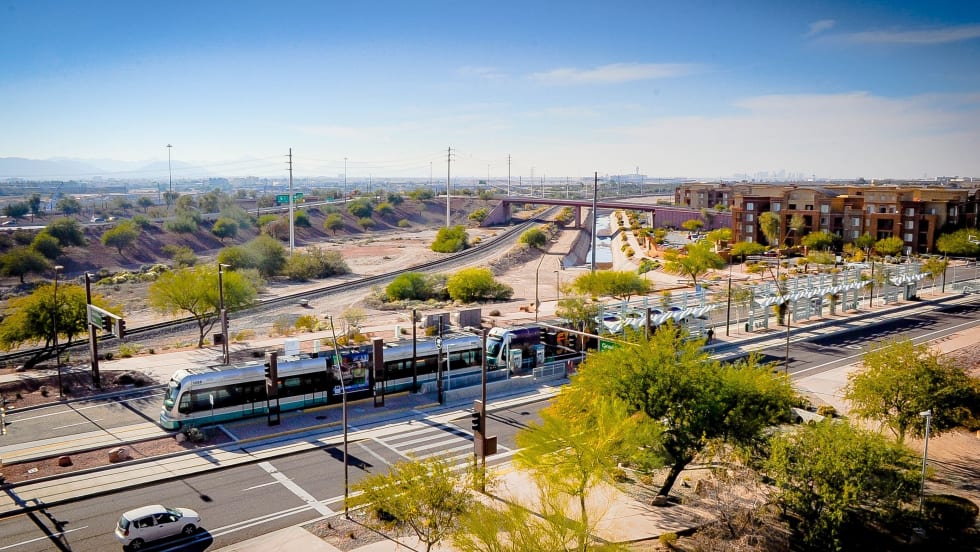
The agency ranked top five among mid-sized U.S. transit systems, defined as agencies with 15 million to 50 million annual trips.
Read More →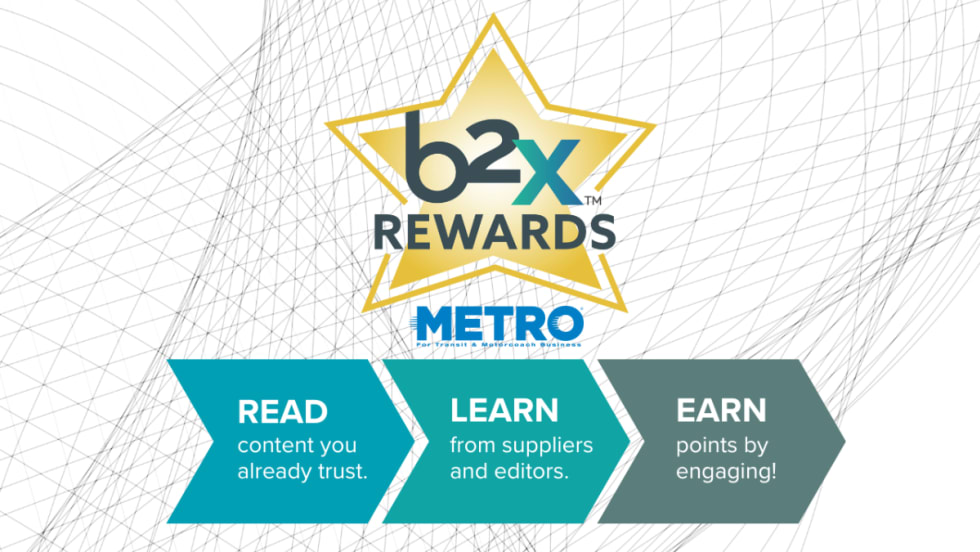
The new program rewards B2B audience readers for engaging with trusted content and suppliers, earning them points toward events, travel, and more.
Read More →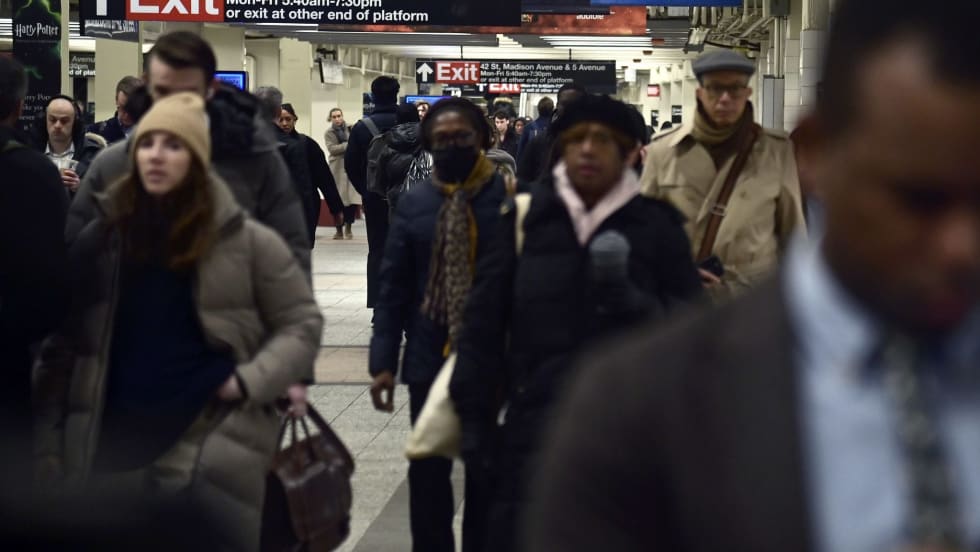
The subway system saw increases across all key metrics, with 62% of subway riders reporting they feel satisfied with the system overall.
Read More →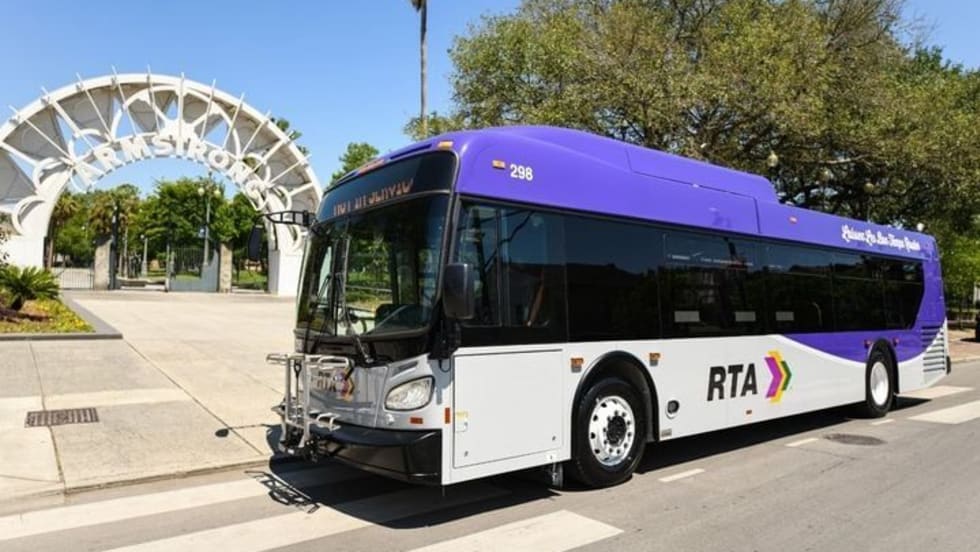
The agreement provides competitive wages and reflects strong labor-management collaboration, positive working relationships, and a shared commitment to building a world-class transit system for the community, said RTA CEO Lona Edwards Hankins.
Read More →
The new contract for Keolis and VRE will commence in July 2026, with the potential to expand to 15 years.
Read More →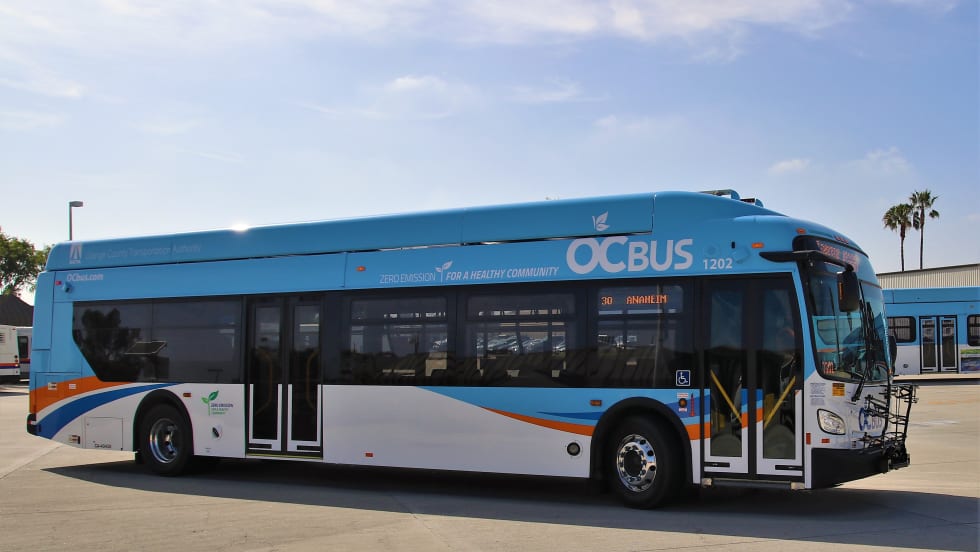
The priorities are outlined in the 2026 Board and CEO Initiatives and Action Plan, which serves as a roadmap to guide the agency’s work throughout the year and ensure continued progress and accountability on voter-approved transportation investments and essential mobility services.
Read More →